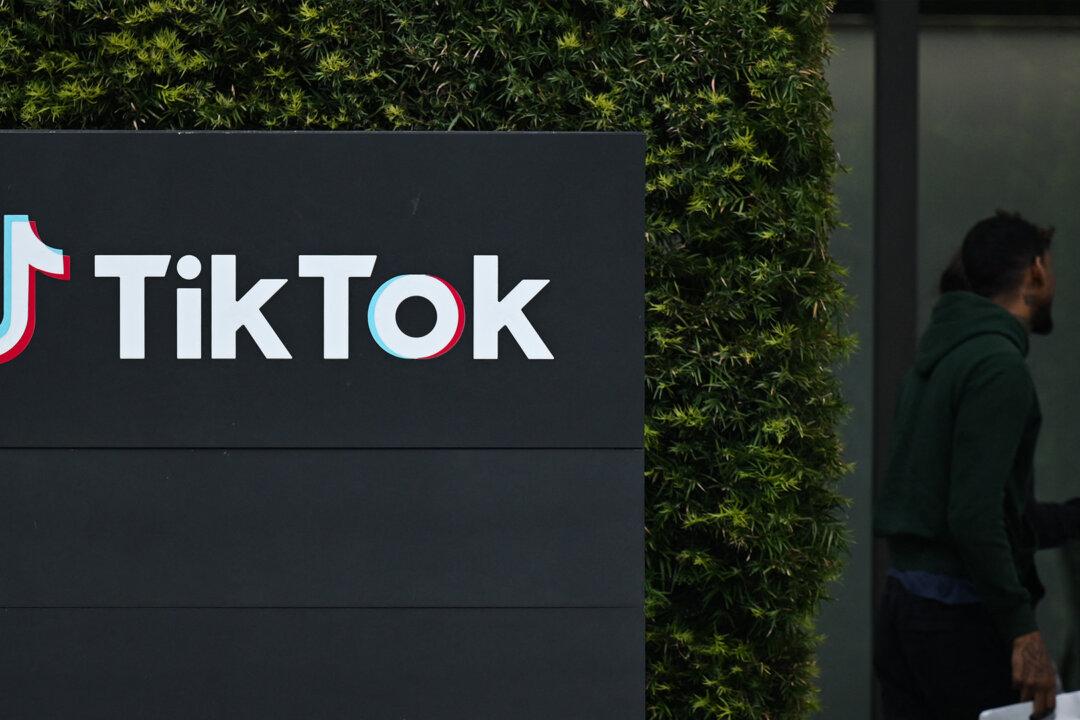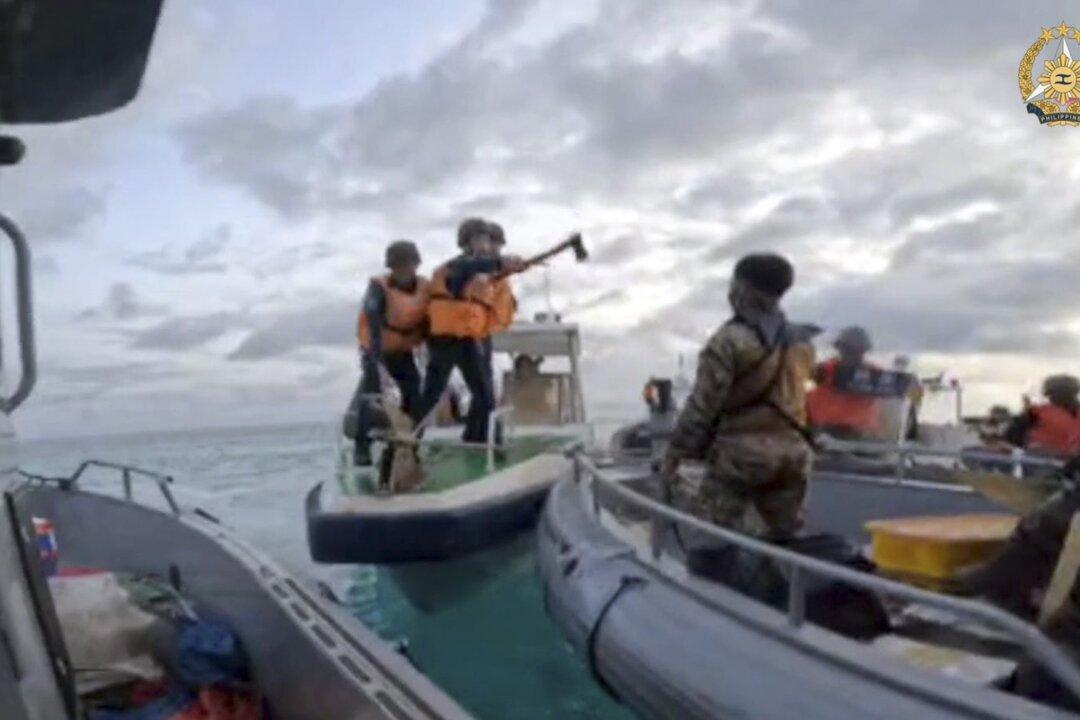Another Debt Trap?
China’s BRI strategy has been to loan poorer nations money that they can’t pay back. China then collects on the debt by taking ownership of ports and parking its navy there, and perhaps build a sprawling military base on the nations’ soil, whether it’s wanted or not.Could Beijing’s vaccine diplomacy be just as simple?
For those nations that can’t afford the billion-dollar price tag, you offer to loan them the money for the vaccine that you know they can’t repay.
Then, when the poor countries default on the debt, China ends up owning infrastructure, utilities, or farmland in the host countries.
Strategic Vaccine Offers
This latest twist in the CCP’s power calculus is, in many cases, aimed at countries aligned with the United States or of strategic importance to China, or both.Undoubtedly, China plans to leverage this assistance for future expansion plans in America’s geopolitical backyard and gain further influence at the expense of the United States. And it’s no coincidence that neighboring Mexico would be a target.
What could Mexico offer in return? The opportunity for China to open factories in Mexico?
That would certainly nullify some of effectiveness of the tariffs against China, wouldn’t it? We’ll have to wait and see.
On the other hand, it should be to no one’s surprise that Beijing is also pushing its pandemic diplomacy much closer to home.
Perhaps one of the most important countries from a strategic point of view is the Philippines. That nation is located in the South China Sea and will be key to China’s military dominance in the region. In fact, it’s quite plausible that Beijing will eventually come to rule over it one way or another.
Duterte Having Second Thoughts?
Then, in February, President Philippine Rodrigo Duterte notified Washington that it was terminating the VFA with the United States within 180 days. It’s likely that Duterte’s aim was to cut ties with Washington and move closer to Beijing. Undoubtedly, he saw a potential payoff in doing so, even if it’s at the expense of his country’s national security and sovereignty.At the same time, it gave him room to negotiate with the United States as well as with China. Apparently, however, Duterte has realized that a closer relationship with Beijing comes with risks. China’s militarization of the South China Sea, its treatment of Hong Kong, and growing belligerence toward Taiwan may have given the Philippine president second thoughts.
Giving the Devil His Due?
There are several outcomes that remain to be seen from China’s pandemic diplomacy, however.To begin with, what political or military considerations will China manage to extract from the nations it has vaccinated? In what way will they threaten the United States? What potential U.S. response could there be?
Perhaps just as critical, how will it be determined that China’s vaccine is effective or if it is safe?
And, given China’s record, why would the leaders in all of these countries trust China for a vaccine that, somehow, they have suddenly developed?
Furthermore, why would any leader trust the Chinese regime after it deceived the world about the existence of the pathogen to begin with, denied the source of it, and its human transmissibility?
Are these leaders living in denial? Or are they facing reality?
Is their willingness to believe China’s claim to have a vaccine to the virus an acknowledgment of the likelihood that whoever created the virus would best know how to cure it?
Give the Devil his due.





